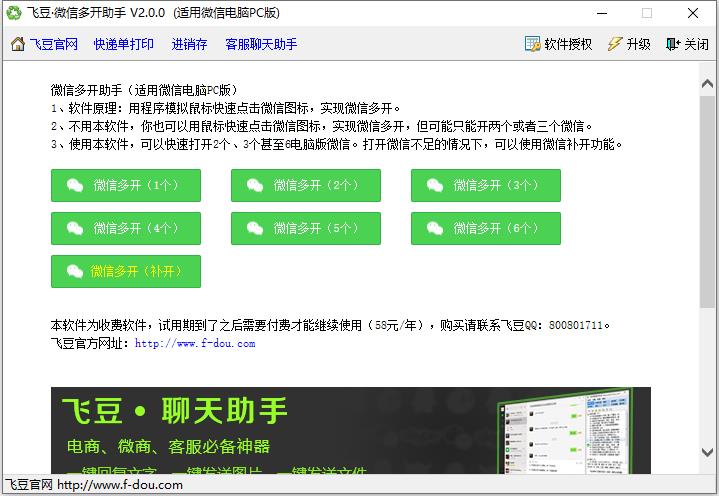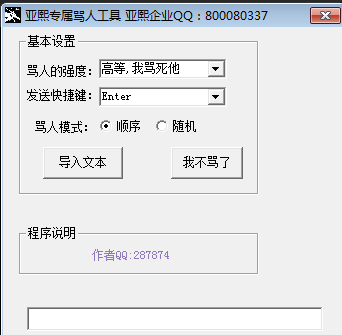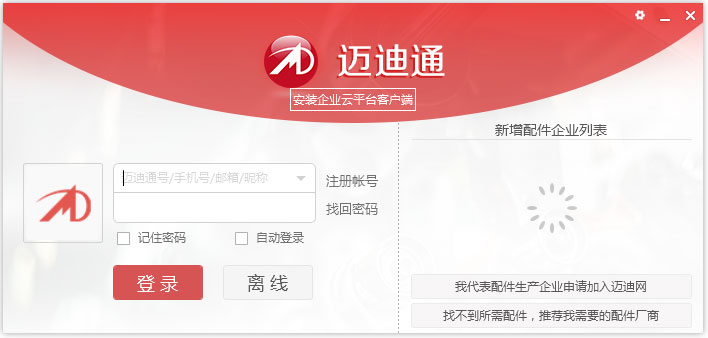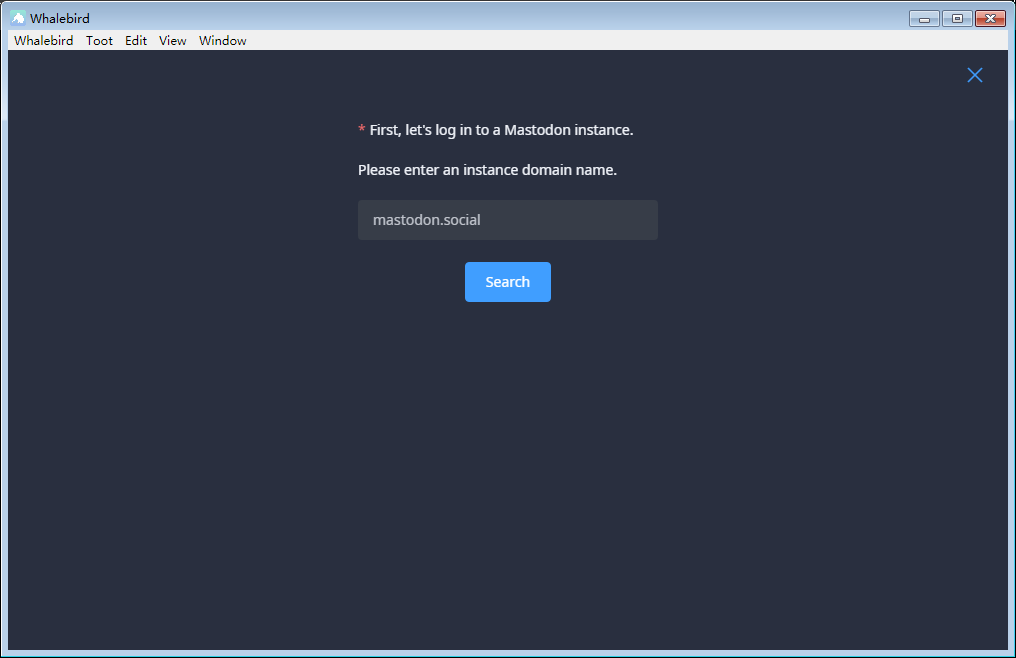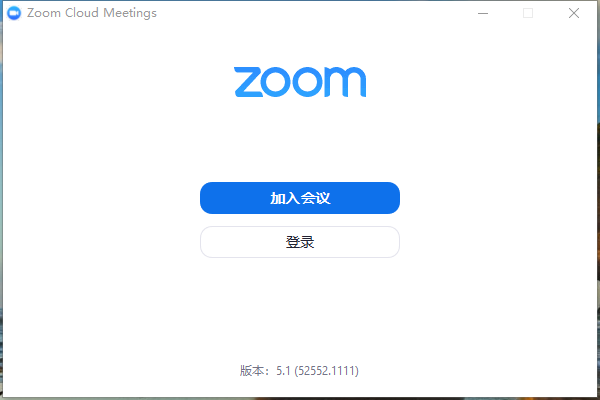php7 yum安装redis的方法
时间:2022-02-23 17:41
php7 yum安装redis的方法:1、安装yum源和nginx;2、启动nginx并设置开机自动运行;3、查看php7 yum组件,并安装php7.2;4、启动php并设为开机启动;5、使用指定的yum源安装Redis即可。 本文操作环境:centos7系统、PHP7.2版、Dell G3电脑。 centos7 nginx+php7yum安装,及yum安装redis的方法: 一.安装nginx 1.安装yum源 2.安装nginx 3.启动nginx并设置开机自动运行 4.查看版本及运行状态 二.安装php7 1.安装yum源 2.查看php7 yum组件,示例安装php7.2 3.选择自己需要的组件安装,php72w.x86_64 和 php72w-fpm.x86_64 为核心程序必装 4.启动php并设为开机启动 5.查看版本及运行状态 进行完以上步骤之后,读者自行在nginx中配置web目录,已经可以正常运行了,但是此时nginx和php是以root身份运行,以最高权限运行web文件会给系统带来安全隐患,以下为权限配置示例 三.修改nginx配置 找到第一个location中的这一行 修改为: 2.把FastCGI server这行下面的location的注释去掉,并修改成下面这样子 3. 在网站根目录新建index.php文件 输入内容: 5. 在浏览器中输入虚拟机ip,已经可以看到phpinfo的信息了 在windows上修改hosts文件,添加一行 192.168.6.114 www.test1.com \#配置虚拟机ip对应域名 6. 现在就可以在windows上用www.test1.com访问虚拟机配置的服务器了 四.yum安装redis yum安装redis时,建议使用Remi repository源。因为Remi源提供了目前最新版本的Redis,可以通该源使用YUM安装目前最新版本的Redis。另外还提供了PHP和MySQL的最新yum源,以及相关服务程序。 1)Remi repository源依赖于epel源,因此需要先安装epel源 2)安装Remi repository源 3)使用指定的yum源安装Redis 注意:remi源安装完成后,默认为不启动,在需求使用remi repository源安装程序时,需求--enablerepo=remi选项指定使用remi repository源是可以被使用的,然后进行安装。 4)启动Redis并设置开机自启 注意:Redis的端口号是6379 【推荐学习:PHP视频教程】 以上就是php7 yum安装redis的方法的详细内容,更多请关注gxlsystem其它相关文章!
rpm -Uvh http://nginx.org/packages/centos/7/noarch/RPMS/nginx-release-centos-7-0.el7.ngx.noarch.rpm
yum install -y nginx
systemctl start nginx #启动,restart-重启,stop-停止
systemctl enable nginx #开机启动
nginx -v #查看版本
ps -ef | grep nginx #查看运行状态
rpm -Uvh https://dl.fedoraproject.org/pub/epel/epel-release-latest-7.noarch.rpm
rpm -Uvh https://mirror.webtatic.com/yum/el7/webtatic-release.rpm
yum search php72w
yum install php72w.x86_64 php72w-fpm.x86_64 php72w-cli.x86_64 php72w-common.x86_64 php72w-gd.x86_64 php72w-ldap.x86_64 php72w-mbstring.x86_64 php72w-mcrypt.x86_64 php72w-mysql.x86_64 php72w-pdo.x86_64 php72w-pecl-redis.x86_64
systemctl start php-fpm #启动,restart-重启,stop-停止
systemctl enable php-fpm #开机启动
php-fpm -v #查看版本
ps -ef | grep php-fpm #查看运行状态
vi /etc/nginx/conf.d/default.conf
index index.html index.htm;
index index.php index.html index.htm; #添加index.php
# pass the PHP scripts to FastCGI server listening on 127.0.0.1:9000
#
location ~ .php$ {
root /usr/share/nginx/html; #网站根目录
fastcgi_pass 127.0.0.1:9000;
fastcgi_index index.php;
fastcgi_param SCRIPT_FILENAME $document_root$fastcgi_script_name;
include fastcgi_params;
}
service nginx restart #重启nginx
service php-fpm start #开启php-fpmvim /usr/share/nginx/html/index.php
<?php phpinfo();
[root@youxi1 ~]# yum -y install epel-release
[root@youxi1 ~]# yum -y install http://rpms.remirepo.net/enterprise/remi-release-7.rpm
[root@youxi1 ~]# ls /etc/yum.repos.d/ //下载完成后会出现许多remi的yum源,这里要用到的是remi.repo这个源
CentOS-Base.repo CentOS-Sources.repo remi-glpi92.repo remi-php70.repo remi-safe.repo
CentOS-CR.repo CentOS-Vault.repo remi-glpi93.repo remi-php71.repo
CentOS-Debuginfo.repo epel.repo remi-glpi94.repo remi-php72.repo
CentOS-fasttrack.repo epel-testing.repo remi-modular.repo remi-php73.repo
CentOS-Media.repo remi-glpi91.repo remi-php54.repo remi.repo
[root@youxi1 ~]# yum --enablerepo=remi install -y redis //--enablerepo指定yum源
[root@youxi1 ~]# redis-cli --version //安装完成后使用命令查看一下版本
redis-cli 5.0.5
[root@youxi1 ~]# systemctl start redis
[root@youxi1 ~]# systemctl enable redis
Created symlink from /etc/systemd/system/multi-user.target.wants/redis.service to /usr/lib/systemd/system/redis.service.
